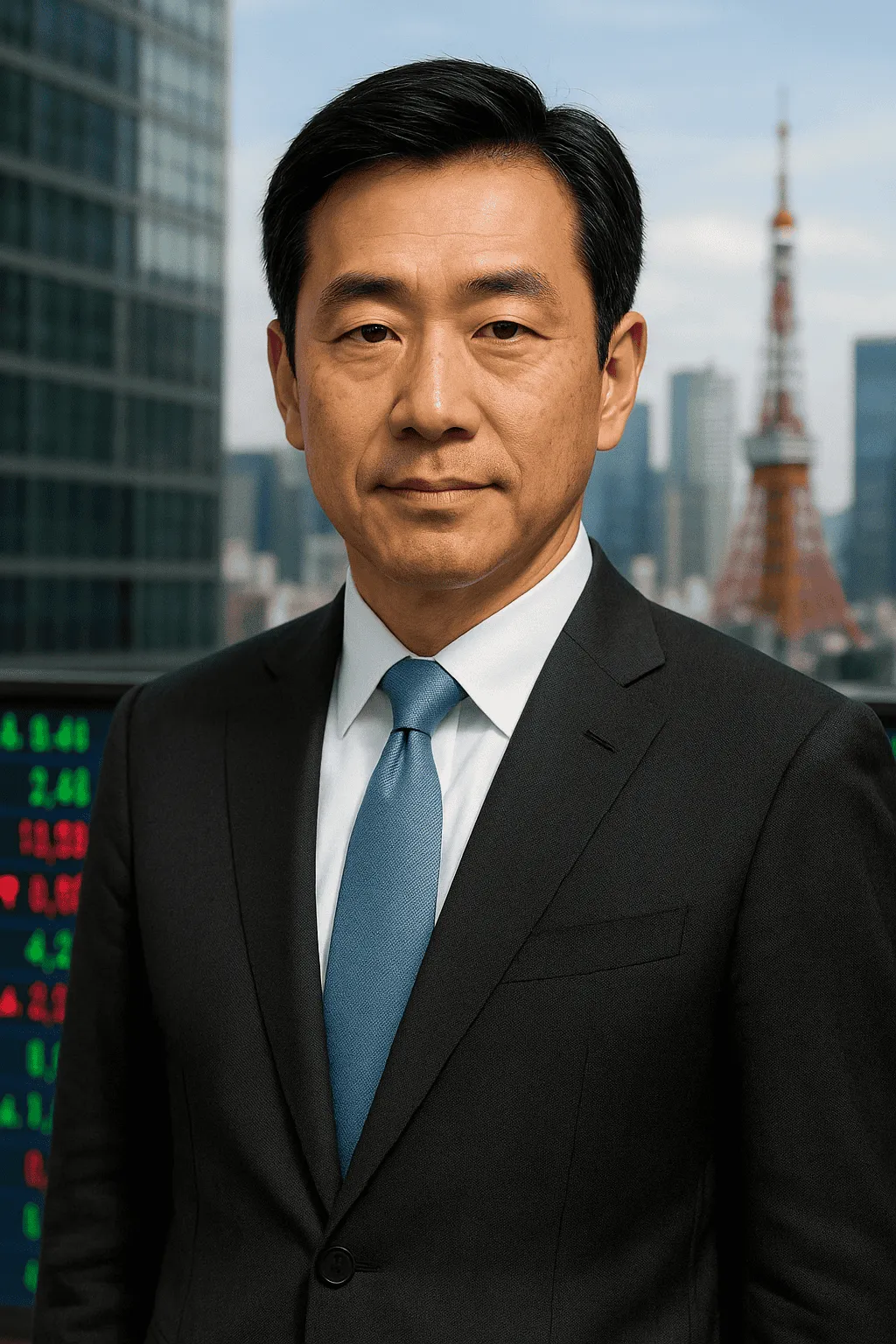 BrokerHiveX
BrokerHiveXBasic Information
Name: Kenji Nakamura
Identity: Internationally renowned macroeconomist | Foreign exchange and risk management expert. Expertise: Global macro trend analysis, monetary policy research, risk hedging strategies.
Kenji Nakamura is one of the most respected financial scholars and market analysts in the Asia-Pacific region, renowned for his in-depth research on global monetary policy and foreign exchange markets . He graduated from the Department of Economics at the University of Tokyo and received his Ph.D. from Stanford University. Earlier in his career, he served as a research advisor at the Bank of Japan and later joined the International Monetary Fund (IMF), where he participated in emerging market policy research and the development of foreign exchange risk management frameworks.
In both academic and practical fields, Nakamura excels at revealing the interactive relationship between global economic cycles and the foreign exchange market through macroeconomic data modeling and cross-market comparisons. His analysis is frequently cited in mainstream financial media, and he provides strategic advisory support to numerous multinational financial institutions.
Representative achievements
Served as a senior researcher at the Bank of Japan, and participated in a number of monetary policy formulations and foreign exchange risk assessments.
During his time as an IMF member, he led research on emerging market exchange rate stability, which was adopted as a policy reference by many countries.
Currently serving as a macro consultant for several international investment banks and hedge funds
He has long been writing columns for the Financial Times, Bloomberg, and Nikkei.
Delivered keynote speeches at the Global Financial Summit and the Central Bank Annual Meeting
Investment Philosophy
“The foreign exchange market never exists independently; it is always a reflection of global economic cycles and policy games.”
Kenji Nakamura firmly believes that successful foreign exchange investment must be based on a combination of macroeconomic logic and risk management . He emphasizes that short-term market fluctuations should not obscure long-term economic trends, and that investors should seek stable opportunities through policy interpretation, cross-market linkage analysis, and disciplined risk management . His philosophy provides important reference for international financial institutions in risk management during turbulent times.
